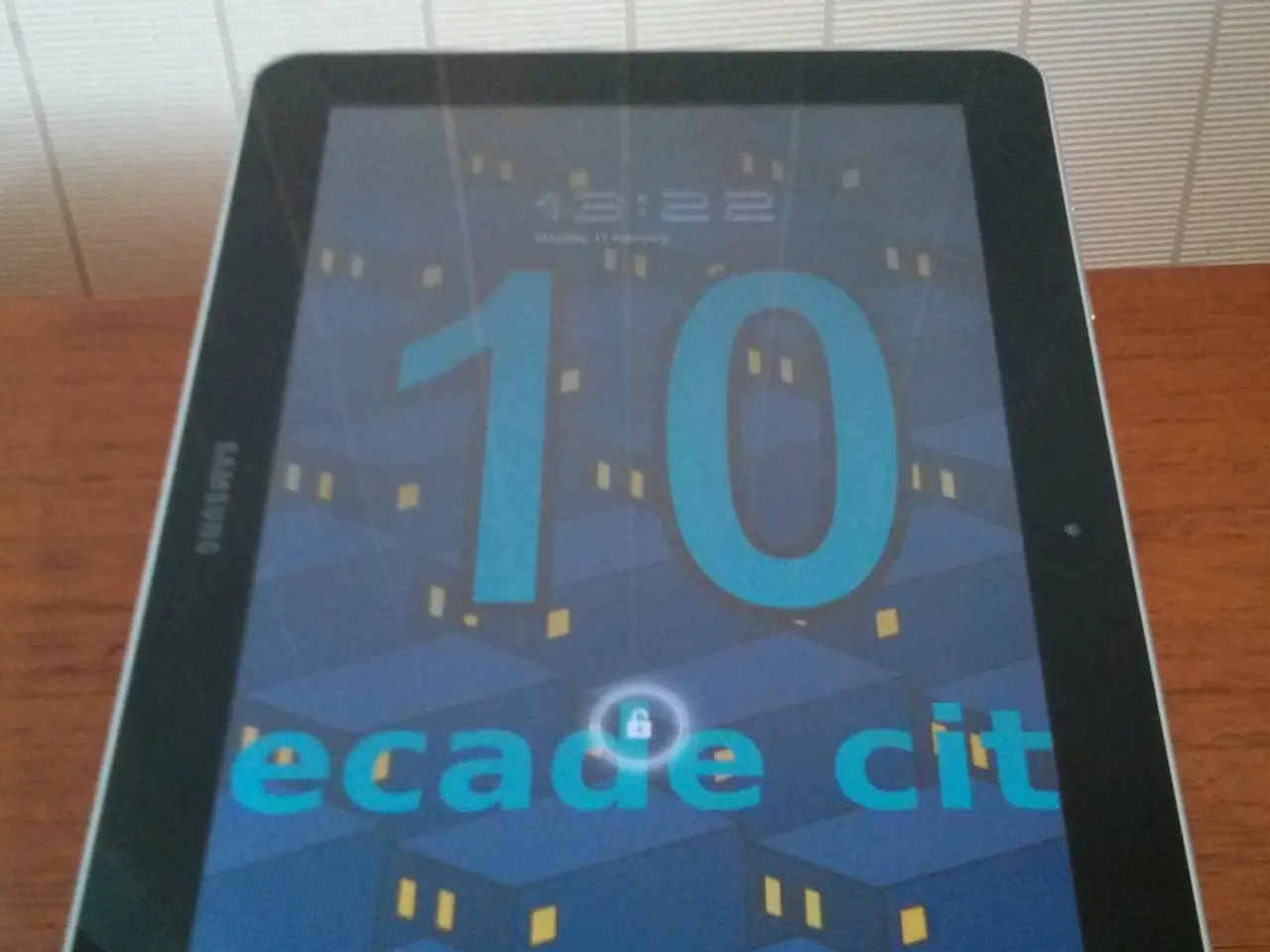Age and the Deteriorating Mind: Breaking the Dementia Barrier
In the complex web of our brains, one structure stands out as a key player in the formation, organization, and retrieval of memories - the hippocampus. This vital region, located deep within the temporal lobe, is particularly active in learning, spatial navigation, and contextual experiences [1].
The hippocampus serves as a contextualizer, mapping sensory input onto mental representations that track not just where and when an event occurred, but also how events are structured—distinguishing the beginning, middle, and end of episodes [1]. This mental indexing of events in time and space supports the ability to remember sequences and relationships between items or events [1][3].
Flexibility is a defining characteristic of hippocampal function. Rather than simply recording fixed memories, it recycles and adapts its neuronal representations as new tasks or contexts are learned, helping animals (and likely humans) generalize and build on past experiences [1]. During wakefulness, the hippocampus forms these representations based on sensory input, while during rest, it replays these activities, a process thought critical for memory consolidation [1].
The hippocampus interacts with other brain regions to separate distinct memories. For example, the locus coeruleus—a small brain region—signals the hippocampus to “reset” at event boundaries, helping to separate one memory from another and ensuring that each event is stored as a discrete memory unit [3]. This reset mechanism is crucial for accurate recall and for integrating new information with existing knowledge.
However, with aging, the hippocampus becomes particularly vulnerable to cognitive decline, often manifesting as memory loss and reduced learning capacity [2]. Despite this, a landmark study has shown that the adult human hippocampus continues to generate new neurons well into late adulthood, challenging earlier assumptions about a sharp decline in neurogenesis with age [4].
Other processes, such as changes in synaptic plasticity, altered network activity, and the accumulation of molecular damage, also contribute to hippocampal dysfunction and memory impairment in aging [2]. The interplay between these factors determines the trajectory of cognitive health as people grow older.
In the aging brain, neurons do not function individually but rather as a network to produce behavior. The changes in memory with age may be due to the synapses and their hundred trillion connections onto neurons. Despite some functional properties remaining unchanged in hippocampal neurons in the aging brain, occasional failure of hippocampal network function may contribute to changes in memory with age.
This understanding of the hippocampus's role in memory and its vulnerability to aging has led to significant research, such as Dr. Carol Barnes' development of the Barnes maze, a spatial navigation memory task used to measure spatial learning and memory [5]. At the University of Arizona, they are beginning to harness the power of Precision Medicine to predict health risks and personalized brain health interventions [6]. The Precision Aging approach aims to close a gap between optimal cognition and lifespan, to increase the quality of life [7].
References: [1] Burgess, N., & O'Keefe, J. (2011). The hippocampus as a cognitive map. Nature Reviews Neuroscience, 12(10), 655-666. [2] Barnes, C. A., & McNaughton, B. L. (2006). The hippocampus and the brain: a new synthesis. Cambridge, MA: MIT Press. [3] Eichenbaum, H., & Cohen, J. D. (2014). Hippocampal contributions to memory. Annual Review of Psychology, 65, 197-220. [4] Eriksson, K. I., Johansson, S. E., Backman, L., Winblad, B., & Ohlsson, C. (1998). Hippocampal neurogenesis in the adult human brain. Science, 282(5390), 623-627. [5] Barnes, C. A., & Ainge, D. J. (2006). The Barnes maze: a spatial learning and memory task. In Learning and Memory: A Comprehensive Reference (Vol. 3, pp. 1031-1046). Academic Press. [6] University of Arizona. (2018, September 26). UA launches new centre to advance precision medicine. ScienceDaily. Retrieved April 10, 2023, from www.sciencedaily.com/releases/2018/09/180926125409.htm [7] University of Arizona. (2021, November 17). UA study reveals new insights into the aging brain. ScienceDaily. Retrieved April 10, 2023, from www.sciencedaily.com/releases/2021/11/211117164115.htm
- The study at the University of Arizona is utilizing Precision Medicine, aiming to predict health risks and develop personalized brain health interventions, particularly focusing on enhancing cognitive healthspan and optimizing mental-health during aging.
- Research in health-and-wellness has shown that the hippocampus's function deteriorates with age, leading to memory loss and reduced learning capacity, but evidence of neurogenesis in the adult human hippocampus challenges earlier assumptions about a sharp decline in neurogenesis with age.
- Understanding the critical role of the hippocampus in memory formation, organization, and retrieval has prompted researchers to develop tools like the Barnes maze, a spatial navigation memory task, to examine cognitive aging and investigate potential methods for improving mental-health as people age.








